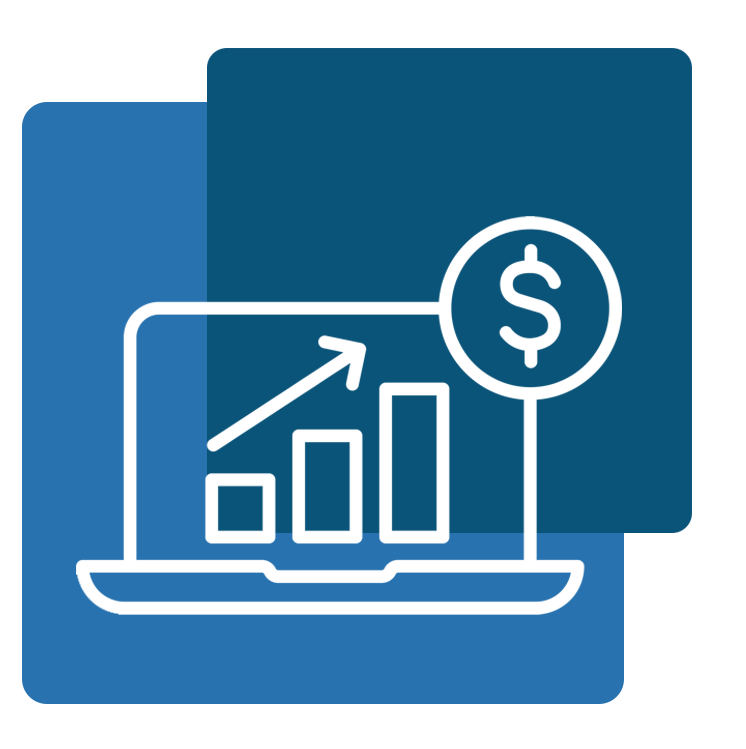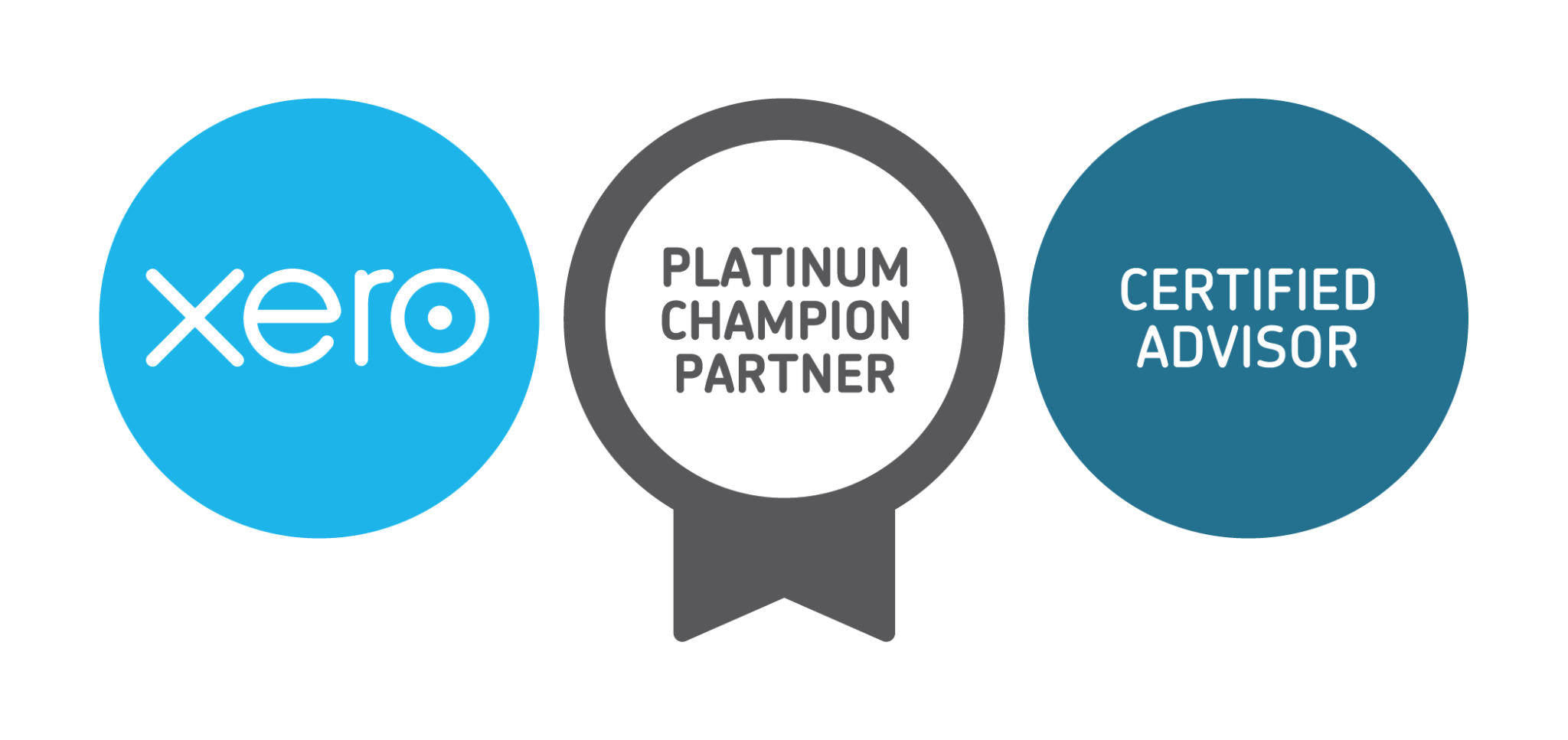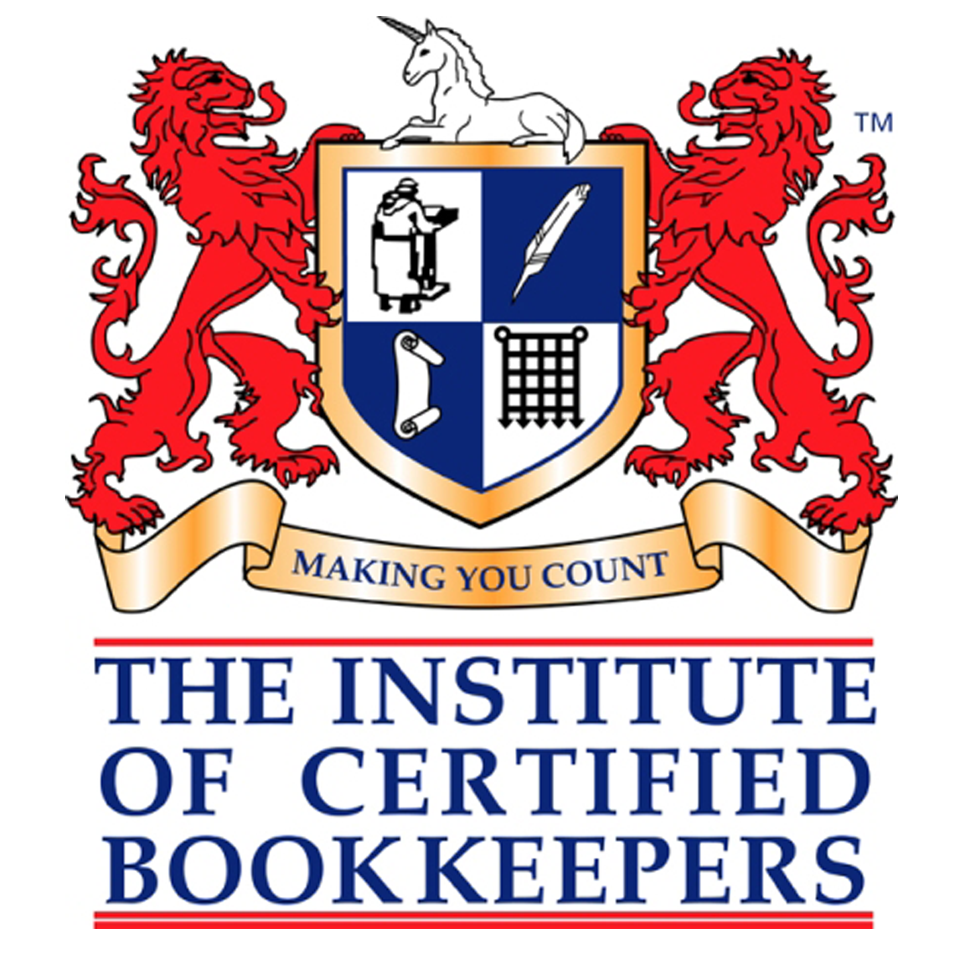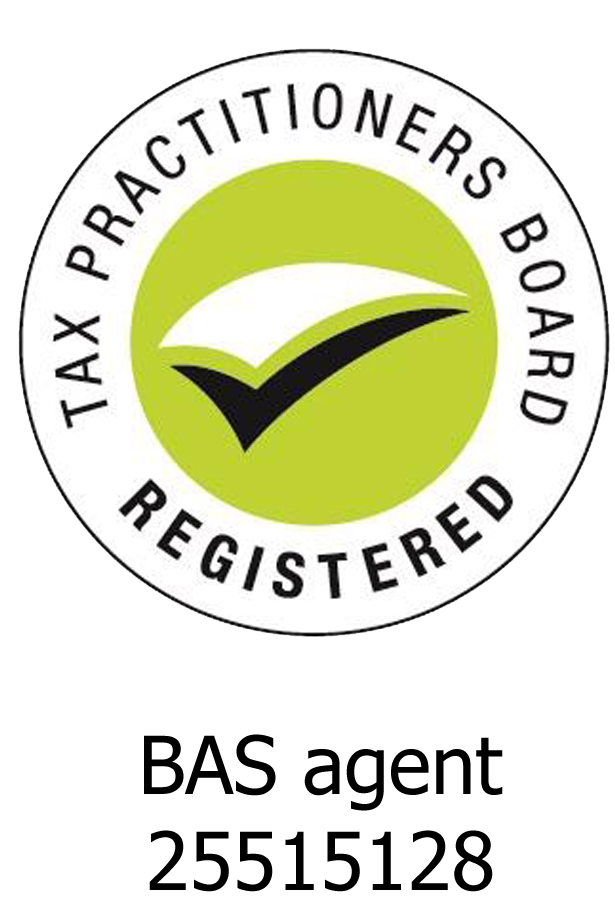Purpose
Driven
Bookkeeping
We help clients all across Australia bring calm and focused direction to their bookkeeping — getting clear on their numbers, making informed decisions, and moving forward with steady, tailored guidance

Clear
Numbers

Finding it hard to keep the books under control?
If you’re looking for steady, reliable bookkeeping support, you’re in the right place.
When the numbers aren’t clear, it’s hard to know where things stand — let alone make confident decisions. Whether you’re falling behind on reconciliations, juggling payroll, or managing it all alongside everything else — it can quietly wear you down.
We help you keep your bookkeeping accurate, current, and calmly under control — with steady systems, reliable processes, and a support structure that fits the way you work. It’s not about doing everything overnight — it’s about bringing order to the essentials so you can lead with confidence, not distraction.
Explore how our Foundation services bring clarity to your numbers

Informed
Decisions

Not sure what your financial reports are really telling you?
You might be getting the reports — but still feel unsure what they’re telling you. The figures are there, but which ones matter? What changed since last month? Is anything pointing to a decision you need to make? Could something be slipping under the radar?
When financial reports are long or technical, it’s easy to miss what’s actually useful. And when everything is presented as equally important, it becomes hard to focus.
What makes a difference is financial reporting that highlights what’s most relevant to you — to help you lead and focus on what counts.
Explore how Strategy services can help you get more from your reports


Tailored Guidance
Feel like you’re always reacting — with no space to think?
Leadership often means carrying the weight of too many decisions at once — finances, staff, direction, expectations. You’re responsible for keeping it all moving, but there’s rarely time to pause and ask: How am I really going with all this?
Even when things are mostly working, it can feel like you’re stuck in response mode — always reacting, seldom regrouping. The pressure builds quietly: scattered priorities, missed signals, a nagging sense that your focus is drifting.
That’s why structured, personal support can help — creating space to think, not just act. A chance to surface what really matters right now — and stay centred on it.
Explore how our Momentum services can help elevate your growth
Who We Serve

Business Owners
“Are my numbers right? And do they even mean anything?”
It’s hard to lead with clarity when your accounts feel off. You might be chasing bookkeeping figures, second-guessing financial reports, or unsure what the numbers are really telling you.
It can slow decisions, cloud priorities, and eat into the headspace you need for bigger thinking.

Church and Ministry Teams
"Church finance is complex — how do we stay on top and see clearly?”
It’s not always easy to keep the books running smoothly in a church setting. The workload is real, volunteers may be stretched, and the details can get overwhelming.
From finance reconciliations and bill payments to payroll, reporting, and compliance — things can quickly feel patchy, unclear, or a step behind.
When financial clarity is missing, it can quietly weigh on ministry decisions and leadership focus.

Charity and Not-for-Profit Leaders
"The mission is clear — but what about the finances?”
When your focus is community impact, it’s hard to find time or headspace for tangled accounts.
You may have experienced this: changing volunteers, shifting rules, and increasing financial reporting loads — often landing on already over-committed shoulders.
When financial systems lag, it can weigh on compliance, funding, and the clarity needed to nurture donors and meet board expectations.

Connected Professionals
"My clients need good bookkeeping support – from a trusted provider.”
When your client’s books are behind or unclear, it can slow the progress of your advisory work.
Whether it's reconciling figures, lodging BAS, or cleaning up messy records — solid bookkeeping matters.
And so does the way it’s delivered. You want a service that lifts the load for your client and collaborates smoothly with you to support clear, confident outcomes.







